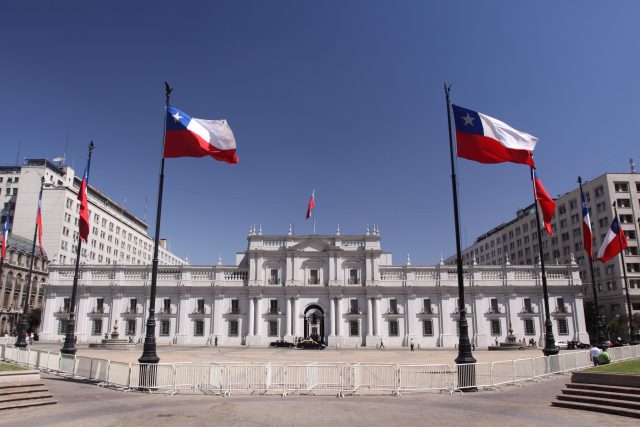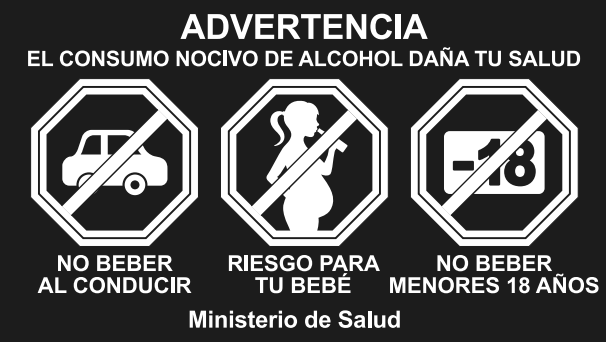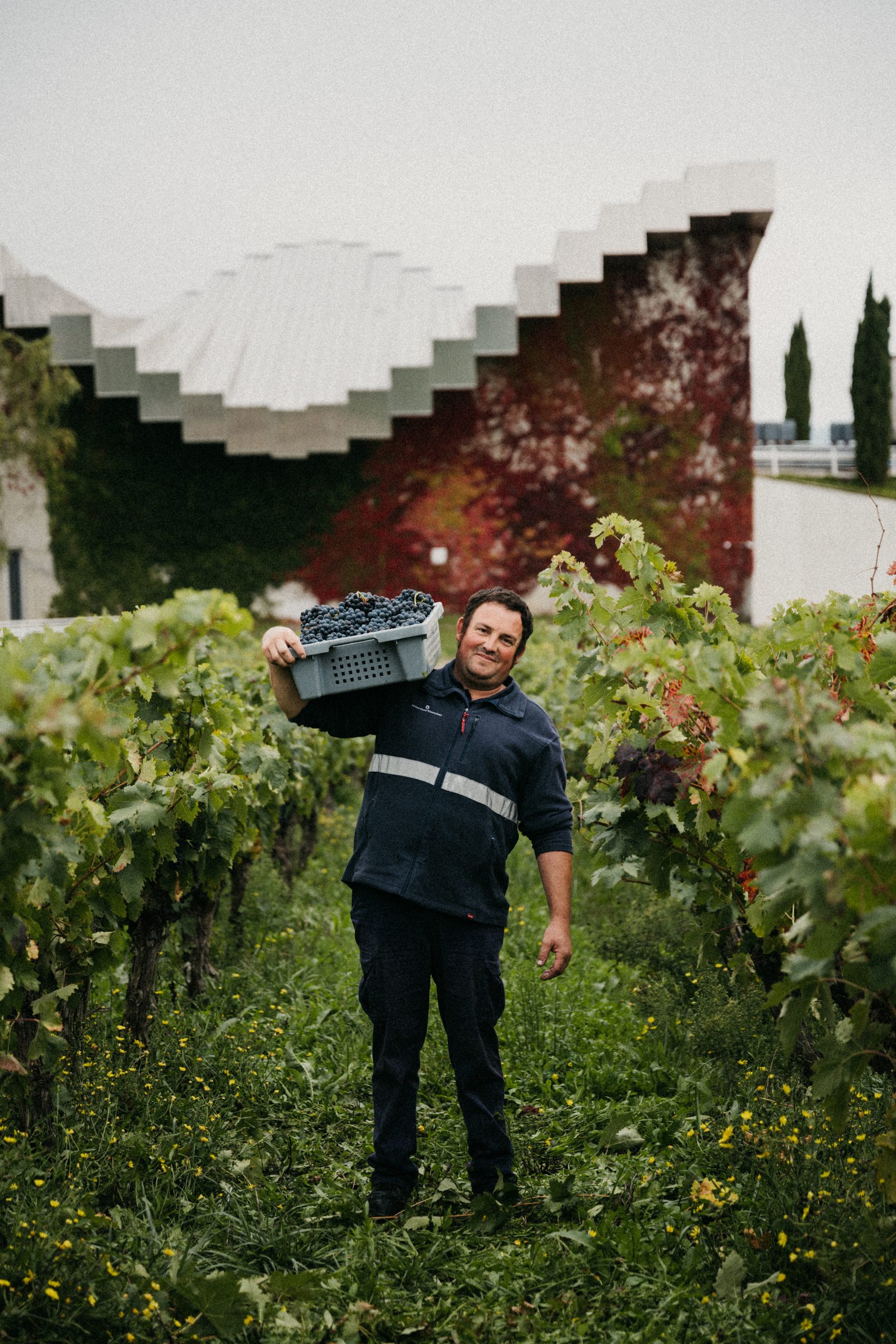Chile introduces health guidelines on drinks packaging
Chile’s Ministry of Health has introduced new regulations that mean that drinks producers have to label products destined for the domestic market with warnings about the dangers of alcohol.

The new law came into force on 7 July this year, having been approved in 2023.
It specifies that any beverage with an ABV above 0.5% that is intended for sale in Chile must feature a label that carries the following warnings concerning the consumption of alcohol:
- Do not drink when driving
- Risk to your baby
- Do not drink if under the age of 18
These warnings, complete with accompanying icons, must be featured either on the back or front label of a product. The minimum size for the warnings is 6.2cm by 3.5cm. For bottles that come in decorative boxes, the warnings cannot be featured on parts of the packaging that will be thrown away.

However, this is not the only measure. Alcoholic drinks packaging must also now prominently mention the calories of the contents within, expressed in energy (kcal) per 100ml of liquid – this must also be clearly visible under a header reading “valor energético”, or “energy value”.
Wines of Chile, the body that handles the promotion of the country’s wines, told the drinks business that the new law was a welcome one.
“This new law is a good step in terms of contributing to responsible drinking behaviour and it is also great that Chile has implemented the introduction of energy content on the labels too,” said Claudio Cilveti, Wines of Chile managing director.
Producer pushback
However, for many in the Chilean wine sector, this new regulation does not sit easy.
Partner Content
Rodrigo Plass, managing director of Château Los Boldos, part of Portuguese wine giant Sogrape, commented: “Back labels are for communicating to the consumer – not for health warnings. If you pay more for a bottle, you want to have more information, you don’t want to have a legal thing.”
Alex Huber, founder and CEO of InVina, reacted similarly strongly when asked for his perspective on the new law: “Oh for Christ’s sake! It’s like saying to the consumer ‘here’s my delicious wine, it might kill you’!”
Mauro von Siebenthal, founder of boutique winery Viña von Siebenthal in Aconcagua, simply described the new regulations as “absurd”.
Los Boldos’ Plass also expressed concern that this measure might only just be the beginning of the health warnings on labels: “In 20 years, we could have someone with cirrhosis on the label!”
Aurelio Montes Baseden, the founder of Chilean wine icon Montes, described the new labelling regulations as “a little bit scary”, but suggested that the effectiveness of it as a means of curbing binge drinking was questionable: “Think of the horrible photos on tobacco packets, but people still smoke – if you drink too much, of course it’s unhealthy. But we are mainly exporters, sending 95% of our wines abroad, so we are more dependent on regulation around the world, rather than in our country.”
According to data shared by the American Association of Wine Economists, Chile produces more than six times as much wine as it consumes – the highest ratio of production to consumption of any winemaking nation. When it comes to exports, the UK has recently become the most valuable market for Chilean wine, rising by a staggering 40% in the first quarter of this year.
The new law in Chile bears a strong resemblance to what has happened in Ireland, with the European nation being the first in the world to introduce a legal requirement for bottles to include health warnings and calorie counts.
Related news
VIK expands its WineLAB initiative to celebrate emerging talent
10 years of Tayu: Inside Chile’s most unique grower–winery collaboration




